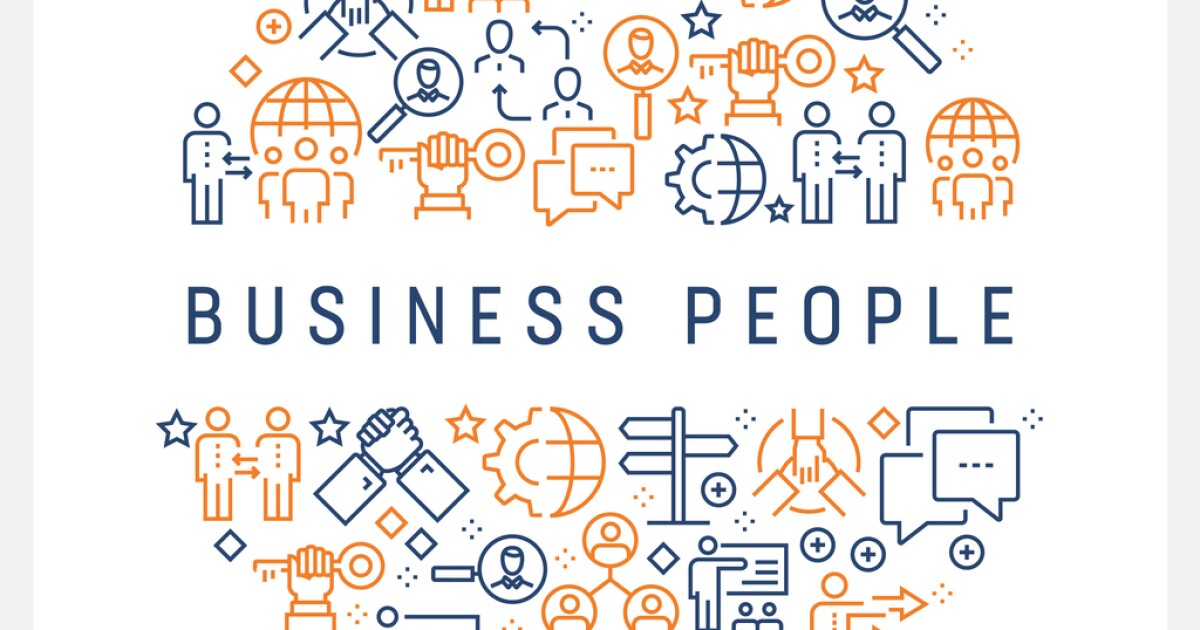
On the day that you start your company, you own 100 percent of the equity. An important issue that you need to deal with at the beginning and going forward is to determine how much that equity is worth and how much of it you give away, to whom, when and for what.
This is classic stuff. I have given the famous speech (not mine, I lifted it from a professor at Harvard) that asks, do you want to be rich or do you want to be king? The implication is that if you pick king, you desire complete control but in contrast, historically, giving away ownership tends to build bigger companies. Would you rather have 100 percent of your local dry cleaner or 0.0067 percent of Facebook? I rest my case.
The subtext to the equity discussion is the infamous “pre-money valuation.” When you are making an investment, you need to find a place where both you and the investor can stand without sinking into the quicksand of “you must be kidding.”
I have battled the equity puzzle with partners and clients over many years. I am a guy who leans in on making sure everyone has a stake in the game. If I need developer skills or sales or marketing or finance, I give ownership to try to create mutual success.
Traditionally in the classic e-commerce, tech company model, you place ads on Facebook, Google or Instagram, as you look to “acquire a customer” to buy your product. But there is a new sheriff in town.
Adam Blenford, a reporter with Bloomberg Businessweek, writes about an entrepreneur, Ben Farren, founder of Spoke, who has made a deal with the devil. Instead of paying for Google ads, Farren gave equity ownership to a television station, ITV in the UK, in exchange for advertising time, with the result that the television station is now “highly motivated” to bring awareness to his company and product.
The idea was good enough that immediately rival Channel 4 formed its own venture arm to compete. It is not just a dollars and cents times eyeballs divided by ad rate model, rather it takes advantage of the multiplier effect. An effective television ad brings customers and revenue, and then if all goes well, the company and the station both get to mutually leverage that revenue to increase their value to an investor or an acquirer.
This idea originated in 2002 in Sweden where the first venture fund, Aggregate AB started to make this kind of television deal, and it now has investments in 18 companies. The jury is still out. Traditional venture funds think this trade is dumb, and that start-ups should use their equity sparingly.
Me, I love this idea. Let’s pretend you have a product, for example, a mattress, and you go down to KFMB or NBC 7 and tell them that you will trade equity for advertising. There is a good chance they will throw you out on your ear, but if they really do the homework and run the numbers, the data seems to show that it is a solid return on equity for the station. For example, a good product would be a crowd-funding platform. Think cross-promotion possibilities.
It’s important to remember that not all ad minutes on television have the same value. Some are remnant. Ask yourself why the “Ginsu knife maker” advertises at 3 a.m. and still gets eyeballs and sells its product. Customers are 24 x7.
What Channel 4 does to juice their deals is to run quick spots during major breaking news or sporting events. Think world cup or a hurricane. The average American watches four hours of television per day. And grab this one — 94 percent of television viewers have a smartphone in their hand or by their side, while they are watching.
Ultimately, it boils down to the cost of acquiring a customer. But ask yourself, why do the drug companies inundate the nightly news with their products. And during the entire ad, they warn you that the drug could kill you, but of course, call your doctor. (Chance of that return call is zero).
But television must be working for them. The market cap of the four biggest drug companies is $1.3 trillion.
Rule No. 674: Hand me the clicker.
Neil Senturia and Barbara Bry are married, serial entrepreneurs who invest in early stage technology companies. You can hear their weekly podcast on innovation and entrepreneurship at imthereforyoubaby.com. Please email ideas to Neil at neil@blackbirdv.com.
"Give" - Google News
July 26, 2021 at 05:00PM
https://ift.tt/3x7oieS
A new way to think about equity in your company: Give ownership stakes for advertising time - The San Diego Union-Tribune
"Give" - Google News
https://ift.tt/2YqGX80
https://ift.tt/2YquBwx
Bagikan Berita Ini














0 Response to "A new way to think about equity in your company: Give ownership stakes for advertising time - The San Diego Union-Tribune"
Post a Comment